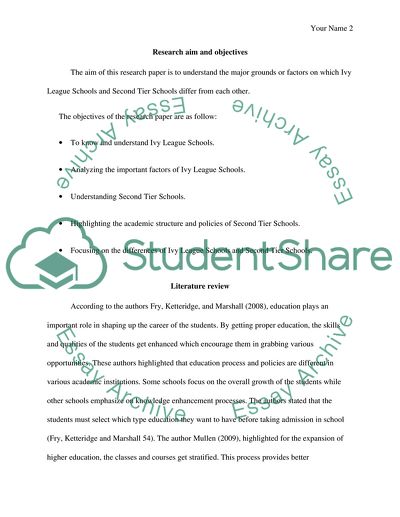Cite this document
(“Ivy League Schools vs Second Tier Schools Research Paper”, n.d.)
Retrieved de https://studentshare.org/english/1702056-ivy-league-schools-vs-second-tier-schools
Retrieved de https://studentshare.org/english/1702056-ivy-league-schools-vs-second-tier-schools
(Ivy League Schools Vs Second Tier Schools Research Paper)
https://studentshare.org/english/1702056-ivy-league-schools-vs-second-tier-schools.
https://studentshare.org/english/1702056-ivy-league-schools-vs-second-tier-schools.
“Ivy League Schools Vs Second Tier Schools Research Paper”, n.d. https://studentshare.org/english/1702056-ivy-league-schools-vs-second-tier-schools.


